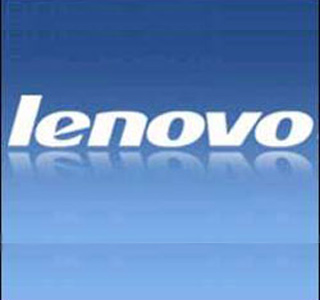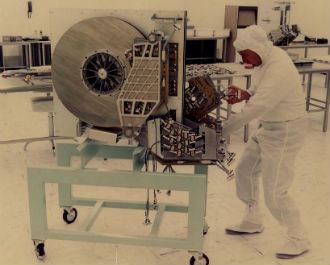 EMC has announced that it is moving to help its customers move workloads of SAP services to a next gen private cloud infrastructure.
EMC has announced that it is moving to help its customers move workloads of SAP services to a next gen private cloud infrastructure.
The company also claims its helping to build a foundation for private cloud computing, which it hopes will keep it cosy with SAP and VMware by integrating their respective services capabilities and helping customers accelerate full-lifecycle transformation of SAP applications to virtualized x86 environments.
According to the company the new additions could help and IT companies and operations by simplifying the design, planning and operation of on-premise cloud computing infrastructures that take advantage of the latest EMC, SAP and VMware technologies.
Through a combination of services and products EMC, together with SAP and VMware, wants to enable customers running SAP solutions to simplify IT management and focus on innovation and competitive advantage while reducing costs. It says that its services tailored for private cloud optimisation of SAP products will help customers making the transformation to on-premise cloud computing to maximise productivity of SAP application-based workloads by documented the key components of a virtual stack designed to support a virtualised private cloud environment running SAP services.
The EMC Proven Solution for automated disaster recovery of SAP solutions is also claimed to outline how to extend private cloud infrastructures for disaster recovery across heterogeneous storage infrastructure as well as how to perform non-disruptive testing of disaster recovery plans. It is said to combine EMC RecoverPoint with VMware Site Recovery Manager to help provide customers disaster recovery using VMAX and VNX series interchangeably as production and disaster recovery storage for SAP applications.
Working in collaboration with SAP and VMware, EMC is also offering services designed to quickly and safely move workloads of SAP solutions to virtualized x86 environments that are high performing, easier and less expensive to manage.








